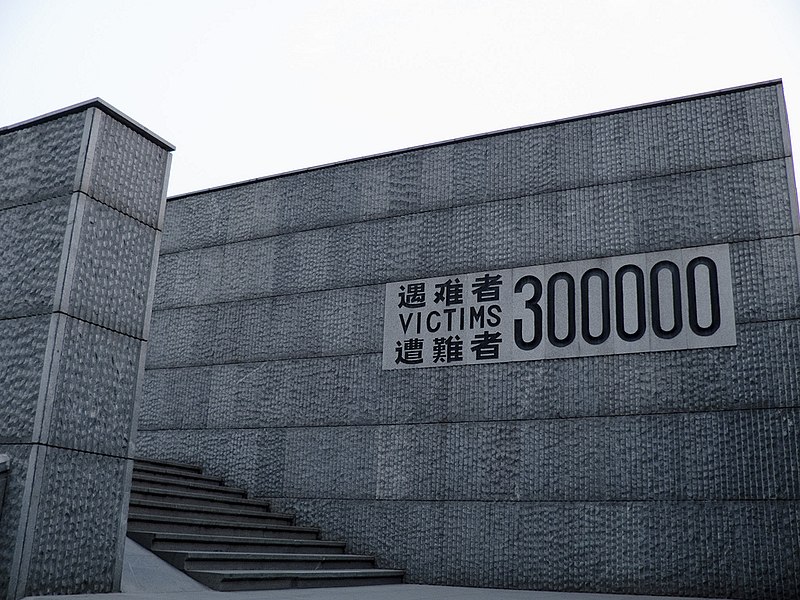 |
| Nanjing massacre memorial (Image: Wiki Commons) |
By Bochen Han
Japan is not happy with the UN body’s decision.
In a move cheered by China but slammed by Japan, UNESCO recently added Nanjing Massacre documents to its Memory of the World Register, a program established in 1992 to preserve and ensure access to documentary heritage of “world significance and outstanding universal value.”
The collection of documents, which now sits alongside Britain’s 13th century Magna Carta and the World War II diary of Jewish Holocaust victim Anne Frank, consists of films, photos and diaries from the period of the massacre, the post-war investigation and trials of war criminals documented by the Chinese National Government’s Military Tribunal, and files from judiciary authorities of the People’s Republic of China. China Foreign Ministry spokesperson Hua Chunying told a news conference last year that China had submitted these documents in an effort to “prevent the miserable and dark days from coming back again.” In its nomination form, China accuses Japan of a “deliberate cover-up of the truth.”
Japan has repeatedly sought to block China’s application for the Nanjing Massacre listing. In line with previous rhetoric, Japan’s chief cabinet secretary Yoshihide Suga denounced the UNESCO decision as biased and “problematic” during a press release on Tuesday.
While the Japanese government has previously acknowledged that its Imperial Army looted and killed civilians during their occupation of Nanjing in 1937, it refutes the claim made by China that 300 000 people were killed. Tokyo remains adamant that it cannot verify the numbers. Complicating the debate are the numerous public assertions by Japanese politicians and historians that the actual death total was a mere fraction of the 300 000.
But what truly ensnared the attention of the world media was Japan’s statement that it may halt its financial contributions to UNESCO — hardly insignificant seeing that Japan currently stands as the agency’s largest contributor. Predictably, the Japanese admonition provoked a sharp response from the Chinese government, who disparaged the threat as “shocking and unacceptable.” In an echo of similar arguments made by the Chinese, an editorial in Japan’s center-right Yomiuri Shimbun on Sunday accused China of “using a system for protecting cultural assets for political purposes in a campaign against Japan and trying to fix its self-righteous history perception in the international community.”
Read the full story at The Diplomat
